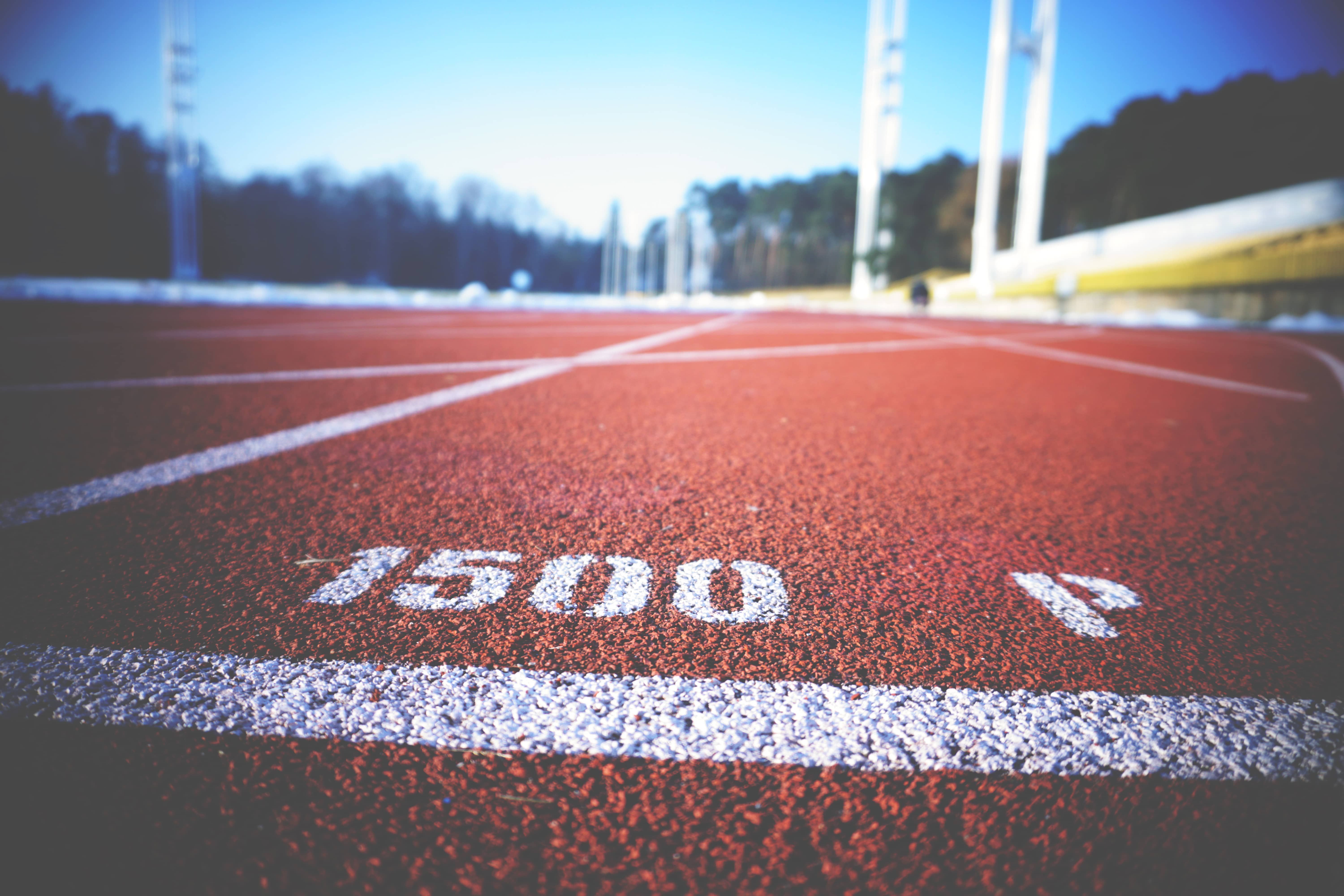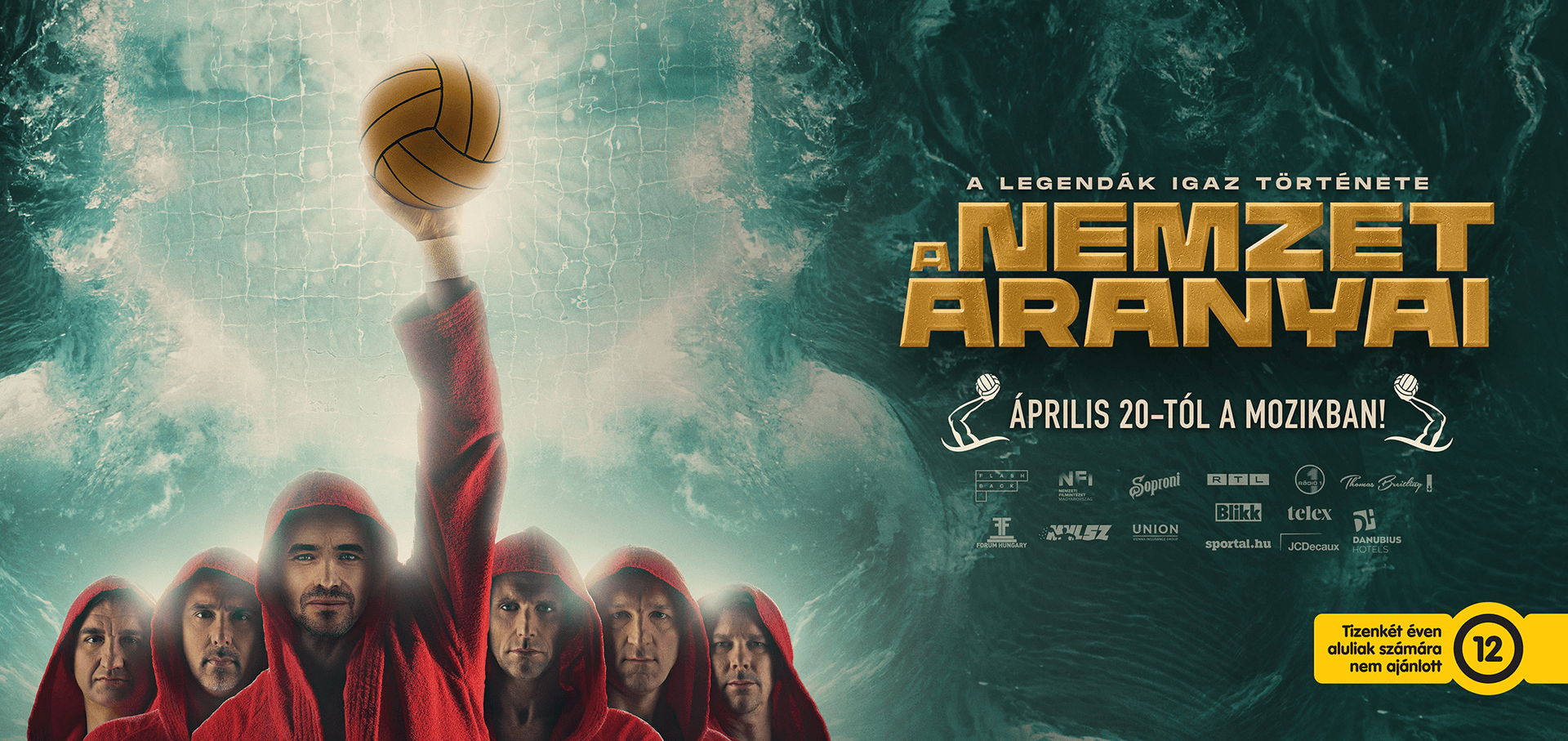Before the end of the 19th century, sporting life in Hungary followed the German model, which meant that the aim of the movement was more educational than competitive. This changed in 1875, when Miksa Esterházy, as a diplomat in the United States and England, became acquainted with the phenomenon of competitive sport. This athletic movement considered it important for athletes to be able to compete in public competitions in addition to their regular training. Esterházy found this concept so interesting that, after his return home, he founded the Hungarian Athletics Club (MAC) and organised the first public athletics competition in Hungary and the Old Continent.

Over the years, this day has become more and more a celebration of grassroots sport, with various associations trying to give people - especially the younger generations - the opportunity to try out as many sports as possible. As well as helping to raise awareness of the importance of a healthy, physically active lifestyle, these events can also help to encourage the development of young people.
On the occasion of the Hungarian Sports Day, athletes who have achieved outstanding results and can serve as role models for young people will also receive awards and recognition. These include Olympic champion swimmers such as Krisztina Egerszegi and Tamás Darnyi, and among the younger generation, Katinka Hosszú and Kristóf Milák. The iconic representatives of fencing, also highly successful from a Hungarian point of view, are Aladár Gerevich and Áron Szilágyi, also multiple Olympic champions. And the long list of Hungarian athletes also includes the water polo team, which won the 2008 Olympics for the third time in a row and was the subject of a documentary film”A nemzet aranyai”.

source: https://hajduboszormeny.hu/a-nemzet-aranyai-cimu-mozifilm
On the occasion of the Hungarian Sports Day, many local governments, public institutions and associations joined the national initiative, which aims to encourage more and more people to spend their free time doing some kind of physical activity. The programmes will take place in multiple municipalities across the country and will offer the opportunity to try out sports such as ball games, self-defence and athletics. In many cases, people will also be able to take part in walking and cycling tours.
![]()
The good news is that several university cities and higher education institutions have exciting programmes for students. In Veszprém, on Saturday 6 May, the University of Pannonia will be offering free sports activities for locals. Hence, it may be worth checking the websites of universities and local authorities to see what sports will be on offer. With this in mind, we encourage everyone to celebrate Hungarian Sports Day this year with physical activity!
Sources: